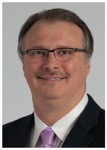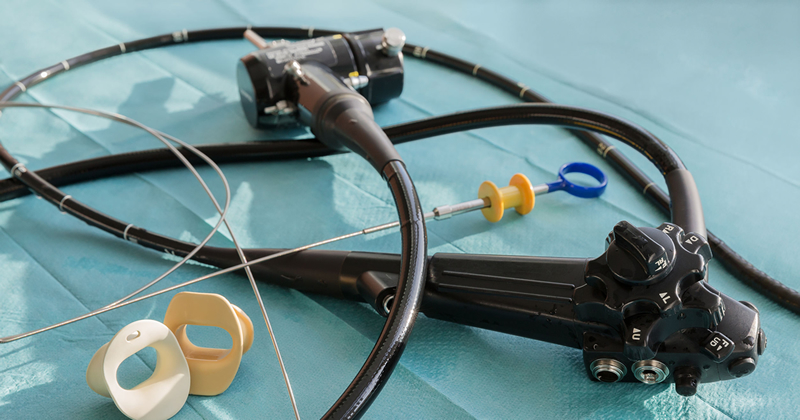More community endoscopists may now have the opportunity to hone their skills in diagnostic endoscopic ultrasound, thanks to a new training program developed by the American Society for Gastrointestinal Endoscopy in partnership with Olympus.
Experts said they hoped the Diagnostic EUS Training course will expand access to these advanced endoscopy techniques in community hospitals, where more physicians trained in these procedures are needed.
“Access to diagnostic EUS still remains a challenge, particularly in the nonacademic setting,” said ASGE President John J. Vargo II, MD, MPH, of Cleveland Clinic in Ohio. “As medicine continues to evolve toward a value-based practice model, the presence of a skilled endosonographer can, theoretically, improve the time to diagnosis and the time to offer treatment options for a variety of gastrointestinal disorders within the reach of an echoendoscope.”
Endoscopic ultrasound is highly effective for detecting diseases of the pancreas, bile duct, liver, spleen and gallbladder, and for staging certain cancers. The rates of many of these GI diseases are rising, but community medical centers often have limited resources, and rural patient populations may have difficulty traveling long distances to obtain EUS evaluations at academic centers, said Alex Milstein, MD, the chief medical officer at Olympus America.

John J. Vargo II, MD, MPH
“There are many areas where there is no tertiary care available without extensive travel, and therefore this clinical need is not fully addressed,” Dr. Milstein told Gastroenterology & Endoscopy News. “The purpose of this program is to train more physicians to make EUS available in all areas of the country, including regional medical centers.”
The primary target of the new program is physicians who already have established community practices but did not pursue fellowship training in advanced endoscopy. For this group, opportunities to learn diagnostic EUS later in their careers are scarce.
“There are numerous practicing gastroenterologists who are interested in developing the skill sets necessary to perform diagnostic EUS but have never had the programs available to them in order to make this a reality,” Dr. Vargo said. “There are institutions and health systems that are eager to bring services to the populations they serve, but they are unable to recruit physicians with the demonstrated expertise to perform diagnostic EUS. This program aims to help meet this need by adding to the skill set of gastroenterologists already in practice in those communities.”

To help bridge the gap, the ASGE and Olympus convened a panel of more than 50 experts in EUS—including Michelle A. Anderson, MD, MSc, FASGE, Subhas Banerjee, MD, FASGE, Vanessa M. Shami, MD, FASGE, and ASGE past-president Karen L. Woods, MD, FASGE—who designed a structured training program adhering to the society’s guidelines for more than 200 procedures, including fine-needle aspiration and fine-needle biopsy. The program, consisting of three parts completed over seven to 10 months, includes a blended online and hands-on curriculum followed by a proctorship with an EUS expert. The online modules can be completed during a three-month period, the first of which will run from Oct. 4, 2019 to Feb. 21, 2020. The hands-on course will be held Dec. 6-8, 2019, at ASGE’s IT&T Center in Downers Grove, Ill. An on-site proctorship will take place at a designated training site during two-week periods over four to six months, the first of which will run March to August 2020.